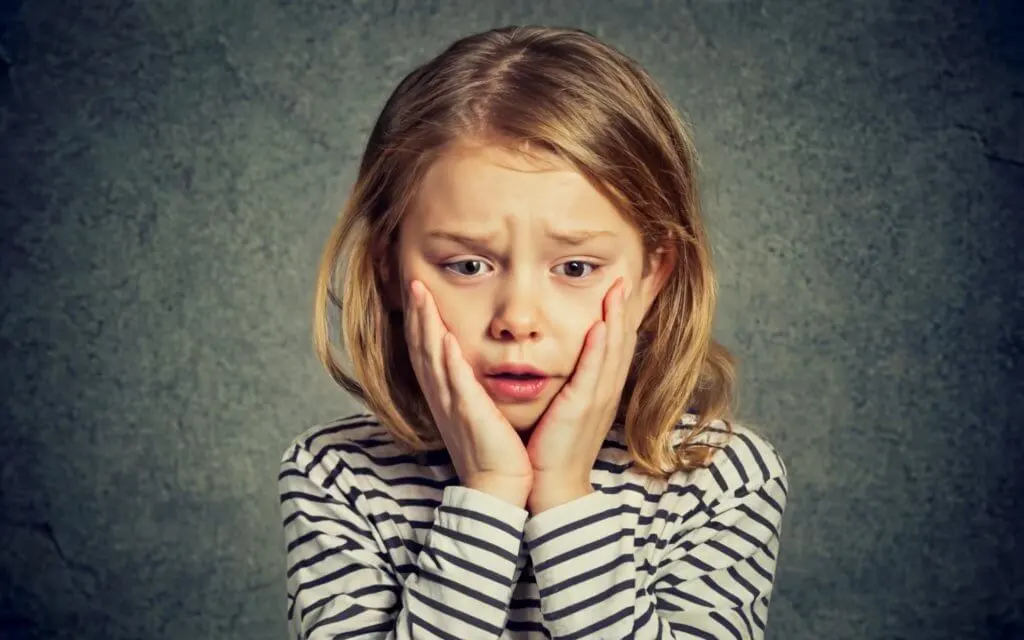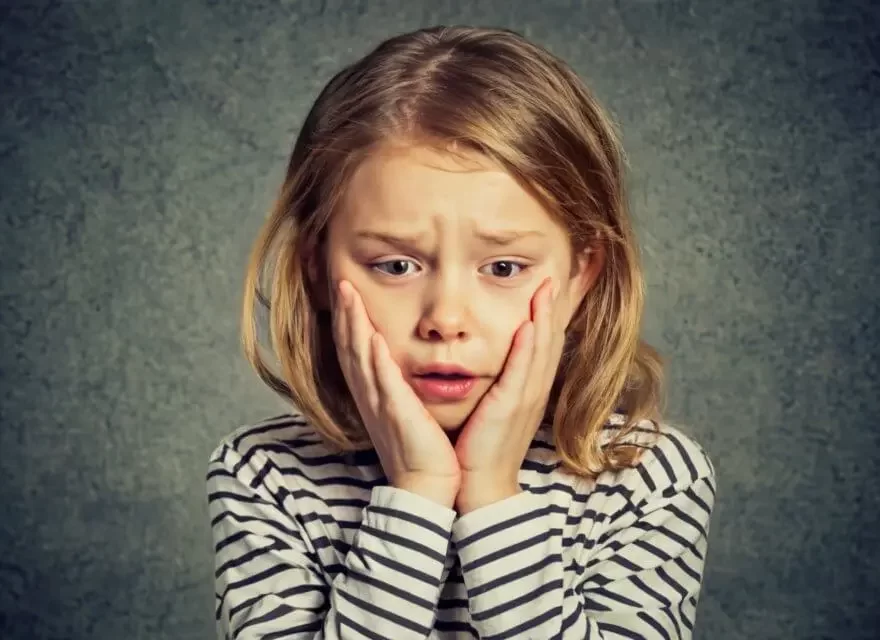While anxiety is a normal part of development, for some children it can become excessive, persistent and significantly impact their daily life. Childhood anxiety disorders are surprisingly common, affecting around 15% of kids.
However, anxiety in children is often overlooked or dismissed as normal worries. As parents, it’s important to be aware of signs that a child may be struggling with more than typical anxiety so they can get the help they need. In this post, we’ll explore common anxiety symptoms in kids and provide tips to support children dealing with anxiety.

Content
Signs of Anxiety in Children
Some common signs that a child’s anxiety has become problematic include frequent worrying, difficulty sleeping, frequent stomach aches or other physical complaints with no medical cause, avoidance of activities or social situations due to fear, and excessive clinginess.
Children with anxiety may also exhibit irritability, tantrums, or difficulty concentrating in school. It’s important to pay attention if anxiety symptoms are interfering with daily functioning or if worries seem excessive compared to a child’s peers.
Consulting with a pediatrician or anxiety coach UK can help determine if a child would benefit from further assessment or treatment.
Specific Fears and Phobias
Many anxious children develop irrational or excessive fears about particular objects or situations. Common specific phobias in kids include fears of animals, insects, heights, storms, medical procedures, school, or social embarrassment.
A phobia causes intense distress that is disproportionate to the actual threat. For example, a child may have severe panic about dogs but only from a distance and not based on any bad experience. Phobias often limit a child’s activities and independence. With treatment, phobias can usually be overcome.
Social Anxiety in Kids
Social anxiety disorder, or social phobia, causes intense fear of social or performance situations where embarrassment may occur. Children with social anxiety may worry excessively about saying something “stupid” in class, being teased, or not fitting in.
They often avoid speaking in groups, making eye contact, or participating in activities where they feel “on display.” Social anxiety can negatively impact school performance and relationships if left unaddressed. An anxiety coach can help kids build confidence through gradual exposure to social situations.
Tips for Parents of Anxious Children
If you notice signs of excessive anxiety in your child, don’t dismiss their worries as normal or punish them for being “overly sensitive.” This will likely make anxiety worse. Some helpful steps parents can take include:
- Validate their feelings without minimizing anxiety. Say things like “I can see you feel really worried. It’s okay to feel that way.”
- Model calm behavior when they express fears. Take deep breaths with them.
- Gradually expose them to feared situations in a supportive way. For example, read books about dogs together before visiting a friend’s house with a dog.
- Limit exposure to frightening media and stories that may fuel worries.
- Encourage positive coping strategies like deep breathing, positive self-talk, exercise.
- Consider working with an anxiety coach to develop an action plan using evidence-based therapies.
- Make sure basic needs like sleep, nutrition, exercise are met to support mental wellness.
- Be patient. Recovery takes time. Praise brave steps toward facing fears.

With parental support and professional help when needed, anxious children can learn skills to manage worries and live fulfilling lives. Early intervention is key to preventing anxiety issues from worsening or continuing into adulthood.

Arlene Ross is a health blogger who enjoys writing on her website. Arlene has always had an interest in medicine, and she hopes to become a doctor one day. She loves reading about medical discoveries, especially when they are for rare conditions that don’t have much research yet. She also likes exploring the science behind different diets and nutrition programs.













